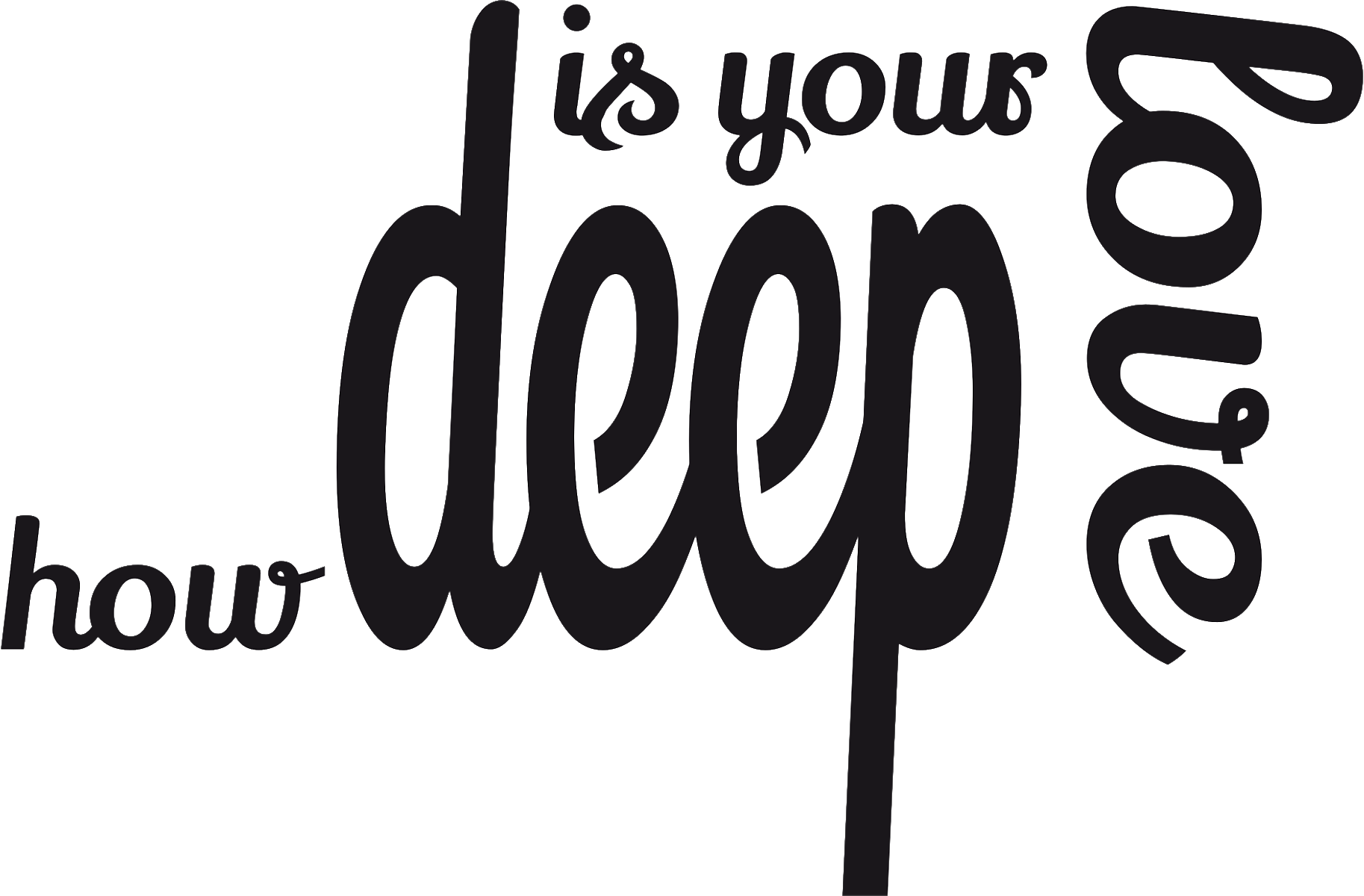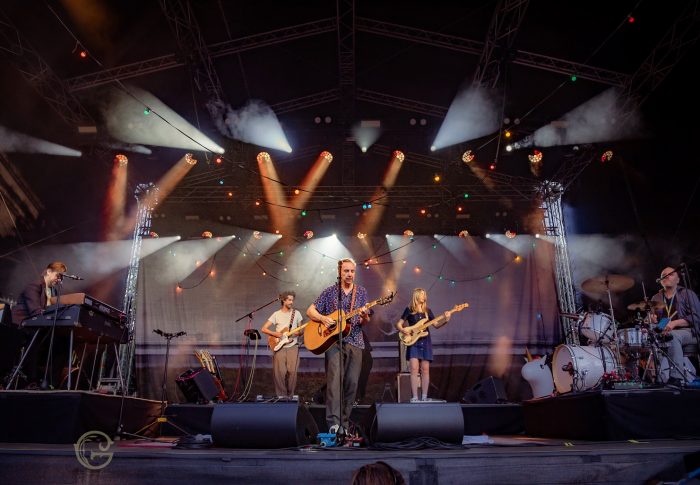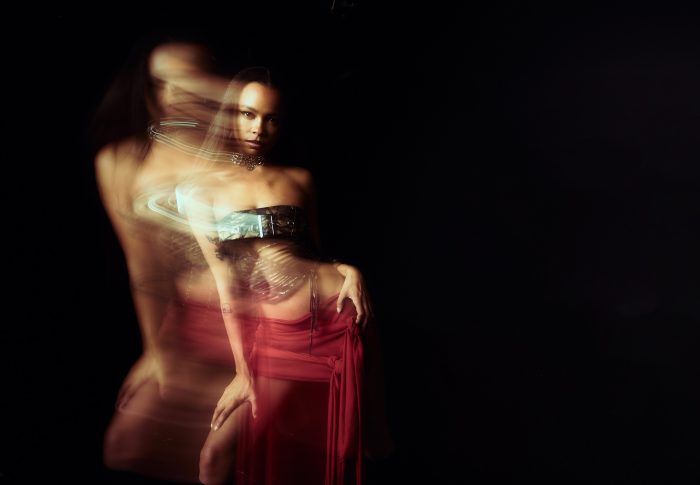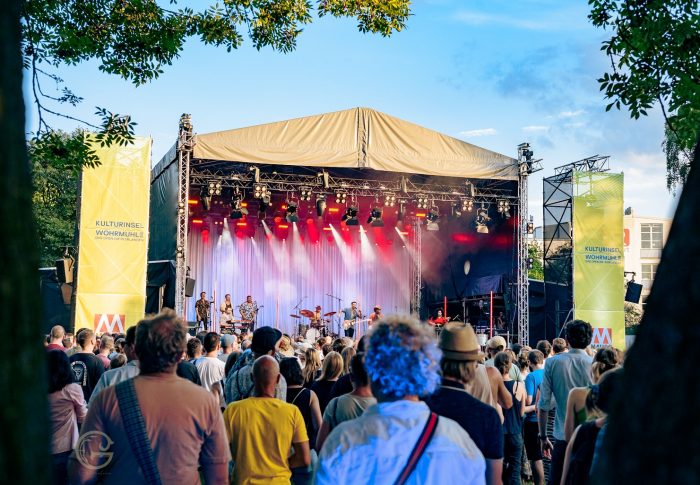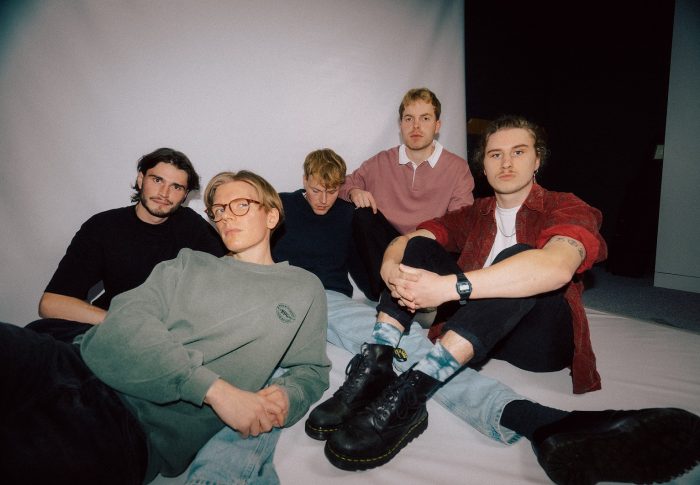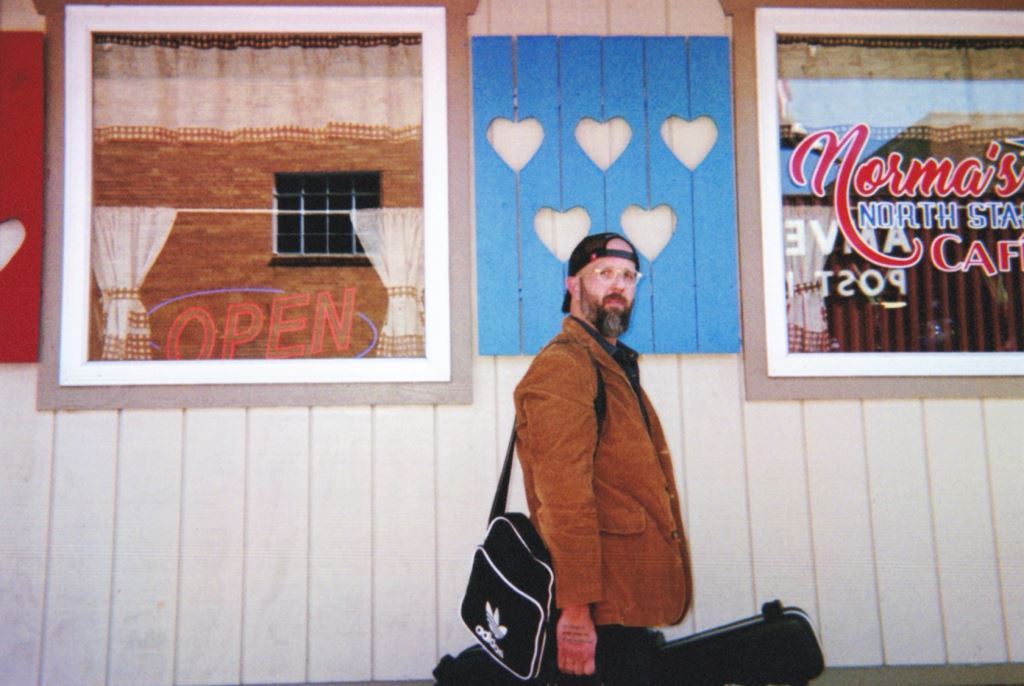
Interview: William Fitzsimmons
Im Laufe seiner Karriere hat William Fitzsimmons seinen Lebensunterhalt mit dem Schreiben einer speziellen Art von ehrlichen und nach innen gerichteten Folksongs verdient, die furchtlos und offen das sichentwickelnde Selbst untersuchen, während er sein Talent für robuste Melodien und eingängige Instrumentierung gekonnt vermittelt. Es ist kein Zufall, dass sich die Themen eher mit den dunklen Seiten der menschlichen Existenz und Beziehungen befassen. Sein neues Album „Ready The Astronaut“ macht da keine Ausnahme, ist aber trotzdem anders, alleine weil mit auf einem elektronischen Fundament arrangiert. Das war aber bei weitem nicht das einzige Thema, das wir im Gespräch mit William Fitzsimmons geschnitten haben. Der bestens gelaunte Hauptdarsteller grätscht mit uns von Corona und das was ihm Hoffnung gibt über Dur-Akkorde bis zum Album im Wandel der digitalen Zeit und lässt euch ein Selfie da.
Hi William, how are you doing right now?
I’m doing ok, thanks for asking! Like a lot of my peers it’s been a struggle not being able to tour, but I feel really lucky that my family and kids are ok. That’s what matters.
How did you spend the last weeks and months during the corona pandemic?
Well early in, once I realized this was not going to be a short thing, I figured I had a couple choices. I could wallow in the loneliness and despair of it all, or I could get to work. So I’ve basically hunkered down in the studio for a year and have been recording non-stop. Thank God I built a home studio or else I think I might have gone to a very dark place!
What gave you hope?
Having my daughters with me was a real saving grace. I couldn’t just lay in bed and mope about life, I still had to wake up, make them meals, play with them, help with schoolwork, etc. They have a way of helping me to see the beauty in things, even when life is out of control.
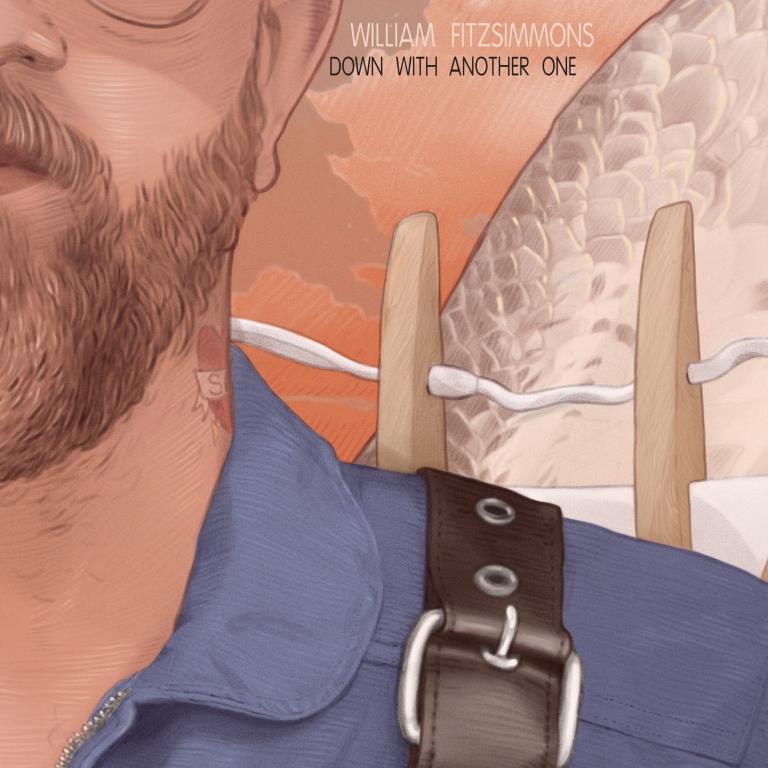
With “Ready the Astronaut” you are releasing your eleventh album. At what point in your work do you see yourself with it?
That’s a great question. Firstly I don’t think I ever figured I would have that many albums! Haha! I think the one, and the last, are an attempt to break away a little from the acoustic guitar/singer-songwriter thing. That’s largely who I am, but I’ve wanted for a long time to write and make an album that had a more full band feel to it. More energy and power. Time will tell if it’s a lateral move or a forward one, but for me it’s been enjoyable to step outside the box I painted myself in for a long time.
Why did you take three years to write your new record?
Mostly it just came down to life taking turns I hadn’t expected and not being able to give as much time in the last few years to writing and recording. I was actually in the process of researching to write a record all about World War I at the same time that my second marriage completely went to shit. At that point it just didn’t feel genuine to continue down that path. So I set to work putting my life back together and simultaneously the songs for Astronaut started to come into my head. I’ve always been a very experiential writer: I need to have felt something personally in order to make a song about it. The difference with many of my records, though, is that Astronaut isn’t really about relationships (even though on the surface it seems like it is). When you really dig into the lyrics, it’s about someone whose life has hit absolute rock bottom and is trying to figure out what to do next.
How important was it for you personally to do this album?
Releasing music for me is a choice. Nobody has to release a record. We do it for a million reasons. To take care of our families, for recognizing, to help people who might be going through the same things. But regardless, it’s a choice. But writing for me isn’t much of a choice. When I’m not journaling or writing my mind tends to start to fold in on itself and I get extremely depressed and anxious. I write simply because it helps me understand my life and the world around me better.
Your songs are known to process personal and family events. Which situations or experiences are the focus of “Ready the Astronaut”?
I mentioned a part of this above: it’s about self exploration under the guise of external exploration. The astronaut in the story is taking a journey to figure out why he has made so many of the same mistakes all over again. Particularly it’s related to my own messed up psychology. Why do I struggle with addiction and codependence? Why do I have trouble having healthy romantic relationships? What is the source of my anxiety? And how do I change the things about me which I don’t like?
What does the album title “Ready the Astronaut” stand for?
The astronaut is related to the character of Icarus from the famous myth. It’s about a person who has found themselves in an untenable situation and knows they can no longer stay there. So they attach their wings, or their helmet, look out over the horizon, and take off not knowing if they will fly or fall.
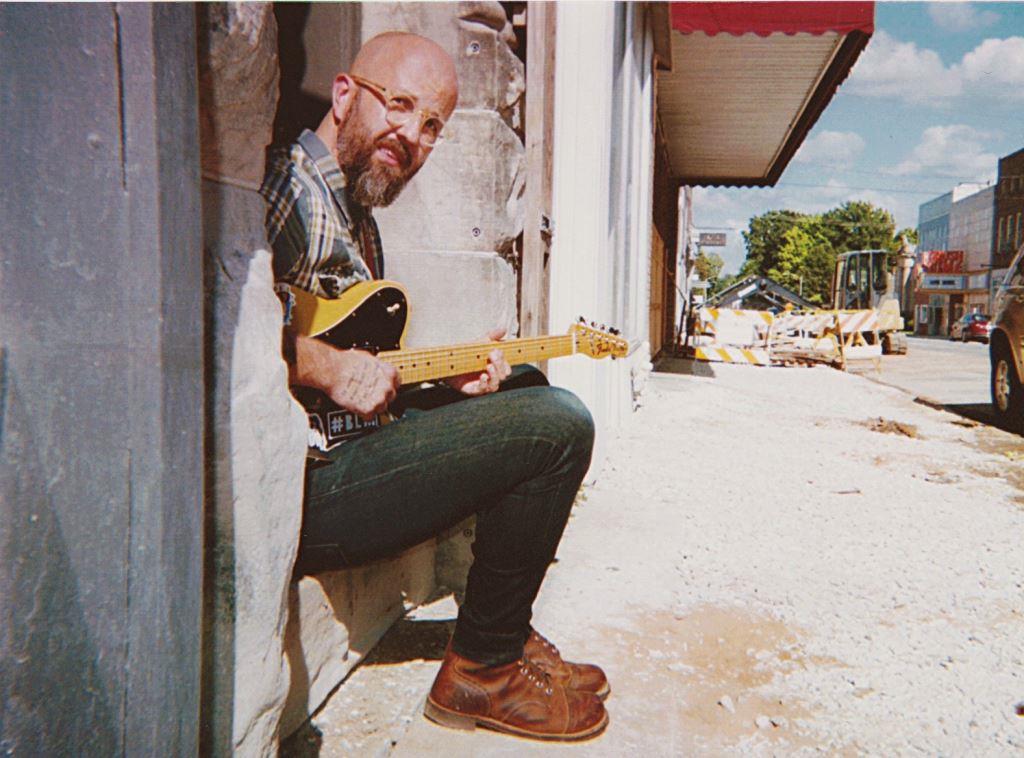
How did a William Fitzsimmons come up with the idea of writing a song called „Dancing In The Sun“? Can, should or have we to dance to your new songs?
Haha!! Well I certainly wouldn’t call this a dance record, in the way most people would mean. The idea for that came from an image I had of myself dancing, carefree, and not noticing my world burning all around me. We usually associate the image of someone dancing as being so free and unhindered. I liked the contrast of that carefree feeling with the unawareness of what was going on around me.
When was the last time you danced?
Oh I dance all the time! Not well of course. I’m a terrible dancer. Think middle aged white guy at the club. Not a pretty picture. But I have dance parties with my kids all the time.
There are songs on the new album (for example the title track) that no longer have a folk guitar. Was that a conscious step on your part?
I always have and always will love the sound of a guitar, particularly the classical guitar as this was the first instrument I heard my mother playing when I was a child. It’s so sweet and raw and evocative. But I felt like I was in a season where the piano and different keys were speaking to me more powerfully. A lot of these songs were written on the piano or synthesizer because I wanted to tell a different story. And when you change the primary instrument you change the feel and structure of the way you write.
Nevertheless, the songs are united by this wonderfully sad melancholy that many associate with your music. What is melancholy to you?
I think to me it’s not so much a forced sadness or negativity; it’s really about seeing the world in a realistic way. I’m not a sad person most of the time. Most people close to me would probably say I’m rather happy and funny. But the idea of always being bright and cheery never made sense to me when I see so much pain in my life and those around me. Infidelity, divorce, death, struggle, etc. These are the things that I see so plainly all around me. I see so much joy too! But I’ve never felt moved by overtly joyful music. I like music that can find joy through pain. That seems like a more honest representation of what most people experience.
Is there still always a light for you at the end of the tunnel?
If by that do you mean am I an optimist, I would say the answer is probably yes. Even though I mentioned how much pain there is in life, I also tend to believe if we can stick it out and be there for each other, we can heal in the end. If there is a light at the end of the tunnel, for me it’s not about a happy ending. It’s about healing.
Can it ever happen that a William Fitzsimmons writes a song that consists only of major chords?…;-)
Haha!! Im trying to think if I ever have! I think there’s probably a couple that have only major chords, but when I do that, I will find voicings that still have a diminished or ominous feel to them. I like using major lifts in choruses often, but the it’s the contrast of the movement from a minor feel in the verse to the major in the chorus that makes it feel honest and beautiful to me.
Or a 3 chord punk rock song?
Probably not lol!
While your last album „Mission Bell“ seems more organically orchestrated, you also experiment with electronic elements on your new record. How did that happen?
Before Mission Bell was even recorded, I talked at length with my wonderful producer, Adam Landry, about exploring with bigger and different sounds and production techniques in order to make a more sonically powerful record. The danger in that is that many of my fans had gotten used to a certain style from me: the acoustic guitar and hushed vocals. I felt like it would be strange and almost disingenuous to come out with a bombastic record and expect people to just embrace it when it would be a complete shift. So the production of Mission Bell is sort of a halfway point between my previous works and the Astronaut record. That might seem really calculated and non-artistic to some people, but I feel strongly that an artist does bear a responsibility to the fans that have supported him for so long. It doesn’t mean I’m going to always do what people want and expect from me, but it does mean I care about the people that listen to what I do. If you’re careful, I think can accomplish both. But at the end of the day there will always be people that hate what you do, or that only love your early shit or whatever. So at the end of the day if you are proud of your work that’s the best you can do.
What makes the difference for you between an electronic production and a production with organic instruments and sounds?
I think we often associate organic instruments with intimacy and electronic instruments without. And sometimes there true! MTV unplugged I think was so successful because it forced you to see the song as it was. If it’s a great song, it can stand on its own or with massive production. I’ve always loved when an artist can use electronic elements (think Sufjan with Age of Adz or Imogen Heap) and still make super emotional, intimate songs. The blend of those things is so cool because you simultaneously feel close to the song and also a sense of distance and space. Sometimes I think it’s really healthy for us to be challenged by art in that way.
Which works of electronic music do you particularly appreciate?
I adore a lot of music from the 80s that relied heavily on synths and drum machines to make the bulk of the song. Probably my favorite use of this was from a band called The Paper Route which blended all sorts of cool electronic elements with very organic sounds.
You released your first records at a time when there were no music streaming services. What is different for you today when you write and publish an album?
I recently heard Patrick Carney from the Black Keys talk about this issue in a really clear way. The current model where we pay $10 a month for unlimited music is awesome for fans. At this point you’d have to be insane to spend the same amount on one CD!! It’s just simple math and I don’t blame anyone for doing it. The problem is that this model is absolutely awful for artists. People far more successful than me just aren’t going to be able to survive with the minuscule amount of money they make from streaming. It’s just not possible. So what I believe we’re going to see is a centralization and culling of music where you have two types of music: super popular, straightforward pop music that is easily digestible by most people and one off artists who can make music by themselves at home but which won’t be able to do so for long because there’s just not enough money to survive on. The middle ground artists, like myself that make music which is never going to be all over the radio or consumed by most people, will disappear under the current model. They’ll have to find other careers that can support them. And that is the real tragedy to all of this. We’re going to miss out on some of the greatest music that might ever be made because some young kid right now is going to put down her guitar and pick up an economics text book because she knows she won’t be able to live any other way.
Do you need a different strategy to get an album out these days?
I think people are scrambling to try to figure out how to get heard more than ever in the new model. It seems like the focus is more in quick hitting singles that a larger amount of people can digest and understand and can maybe have a vital element to them. To a lot of people the idea of buying a full record and sitting down with a glass of wine and listening from front to back is pretty alien. We listen to one song while we’re doing the dishes or working out or on the bus, and then we turn it off and do something else. The ritual of getting together with friends and listening to the new Radiohead record together the day it comes out is gone for most people. Growing up my mom and I would sit and listen to entire vinyl albums together and be blown away. You can’t really skip on a record player! You take it in like a good book or a film and it effects you. I think young people who will never have this experience are missing out on an extremely cool thing.
Is an album still perceived as a total work of art in your opinion?
Absolutely not. It’s a collection of individual songs that we don’t take the time to relate to the whole. Imagine watching the Sopranos out of order. Skipping entire story arcs. Starting from season 3 and then skipping to season 5. Maybe you’ll pick up the gist, but can you really be effected by the power of the whole story this way?
Which album is for example a total work of art for you?
My dear friend Denison Witmer put out an album last year called “American Foursquare” which I think is an absolute masterpiece from front to back. It’s a look inside the life of the American family from the perspective of moving from youth to adulthood. Children, long term marriage, how do we find creativity and fulfillment when our lives become complicated and like that of the generation above us? It’s so beautiful and introspective and moving.
Do you already have tour plans?
We’re working on that at the moment. Obviously it’s been tricky with the pandemic and wanting to put a premium on everyone’s safety and comfort level. Myself and my artist friends are all absolutely going nuts without touring. But people’s health and safety is the most important thing. But as soon as it’s safe to do it, I’ll be out there on tour for sure.
How much have you missed performing live in the last few weeks and months?
Even more than I thought I would, which was already very high! It’s different for all musicians. I have friends who are fine with living in the studio for the rest of their lives, and that’s totally fine! I adore writing and recording. But playing the songs in front of and with other people is a part of the whole thing for me. I feel like a record isn’t really done until you’ve played it in front of actual humans. The energy, the immediate feedback, etc. I grew up pretty isolated and the idea of traveling all over the world was actually pretty frightening to me early on. But once I started doing it, I was hooked for life. The feeling of freedom, of hanging out with amazing people, sharing these crazy moments during the shows; it’s like nothing else I’ve ever experienced. Even the things which some people find brutal, like spending a month in a van driving endlessly, I think are wonderful.
Do you think it will be different for you to be on stage again?
Everybody keeps saying they will never take it for granted again, and I totally understand that. For me, I feel like after having kids I realized how amazing it was to be able to tour and act like a kid again myself in some ways. I take playing shows incredibly seriously. People are spending their hand earned money for an experience and it needs to be so special they’ll never forget it. That never leaves my mind, but it’s also the most fun thing I’ve ever done. So no I don’t think it’ll be that different for me; I think it’ll be as amazing as it always has been.
Which band would you love to see live when it works again?
My girlfriend is a huge Bruno Mars fan so we’ll definitely do that. I adore The National so I’m gonna do that again for sure. I would also love to get to see Sufjan Stevens as soon as possible.
Last but not least, we’d think it would be great if you could send us a snapshot (e.g. selfie). Subject: Dur … 😉
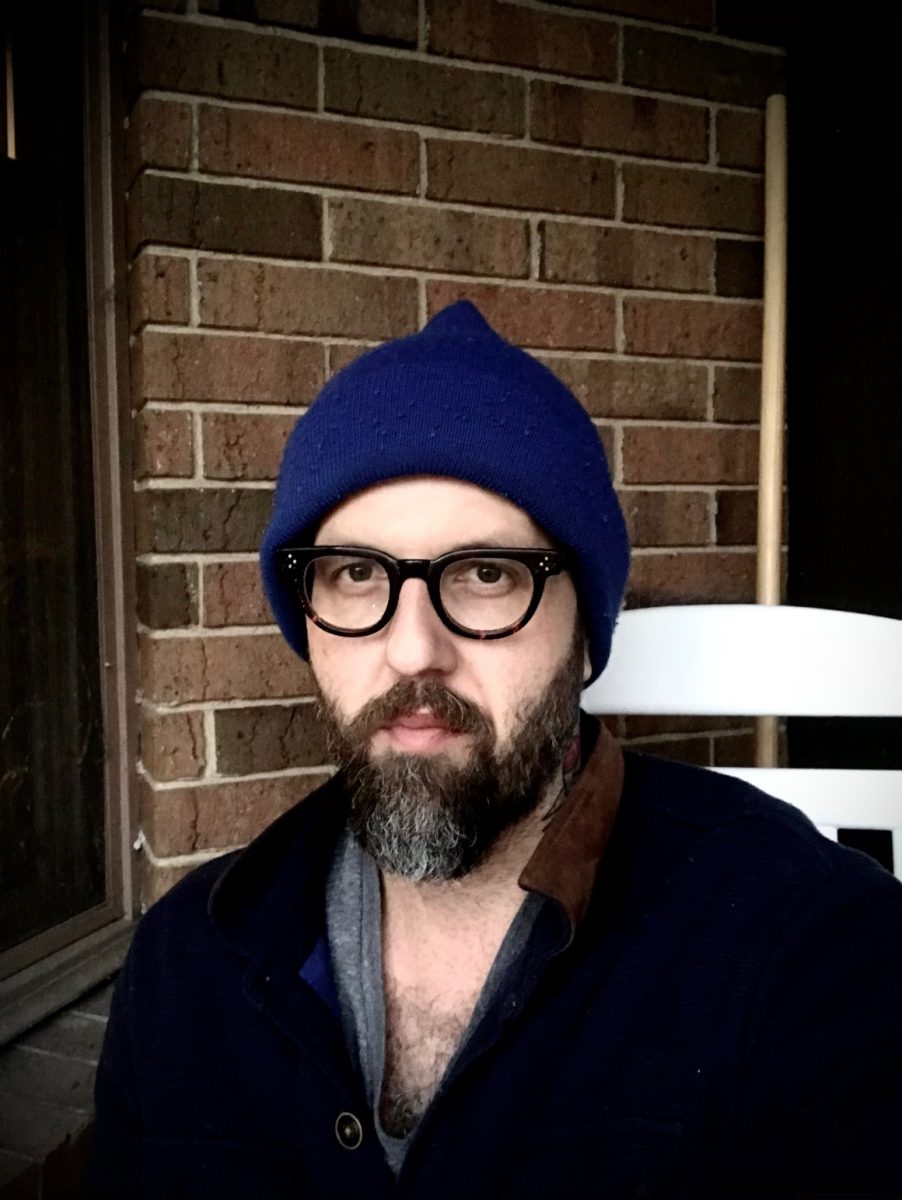
We look forward to your answers. Thank you and all the best for the future. We would celebrate it very much if you visit Nuremberg (our home) on your tour.
I would love to! Thanks so much!
Interview: David Lodhi. Bilder: Erin Brown, William Fitzsimmons (Selfie)
Das neue Album von William Fitzsimmons, „Ready The Astronaut“, erscheint am 25. Juni bei Grönland Records und gefällt uns außerordentlich gut. Deswegen klopfen wir hier gleich noch eine Empfehlung hinterher. Spezial Spezial Tipp: Holt euch die Platte auf Vinyl, würde William Fitzsimmons auch nicht anders tun…;-)
